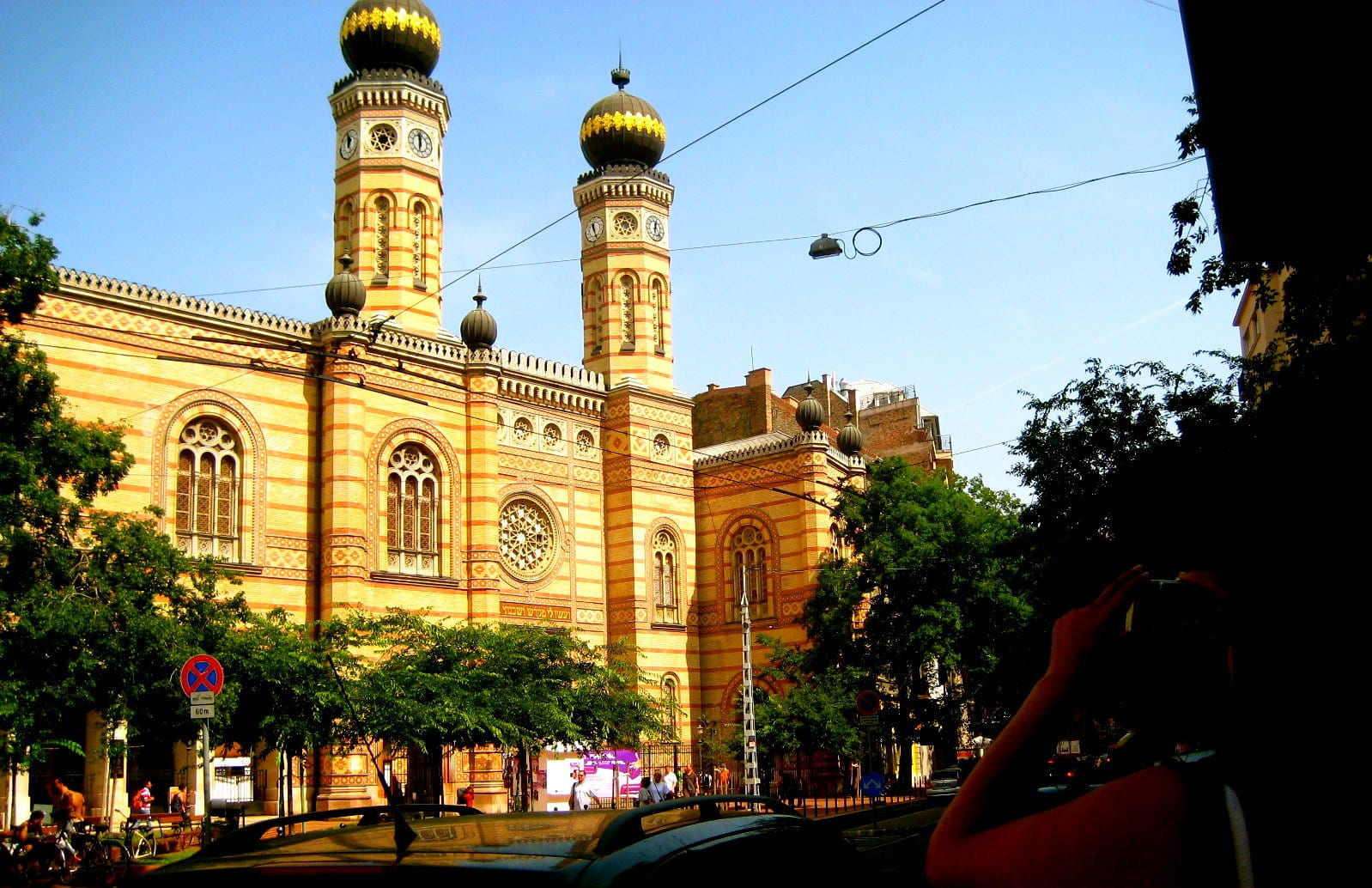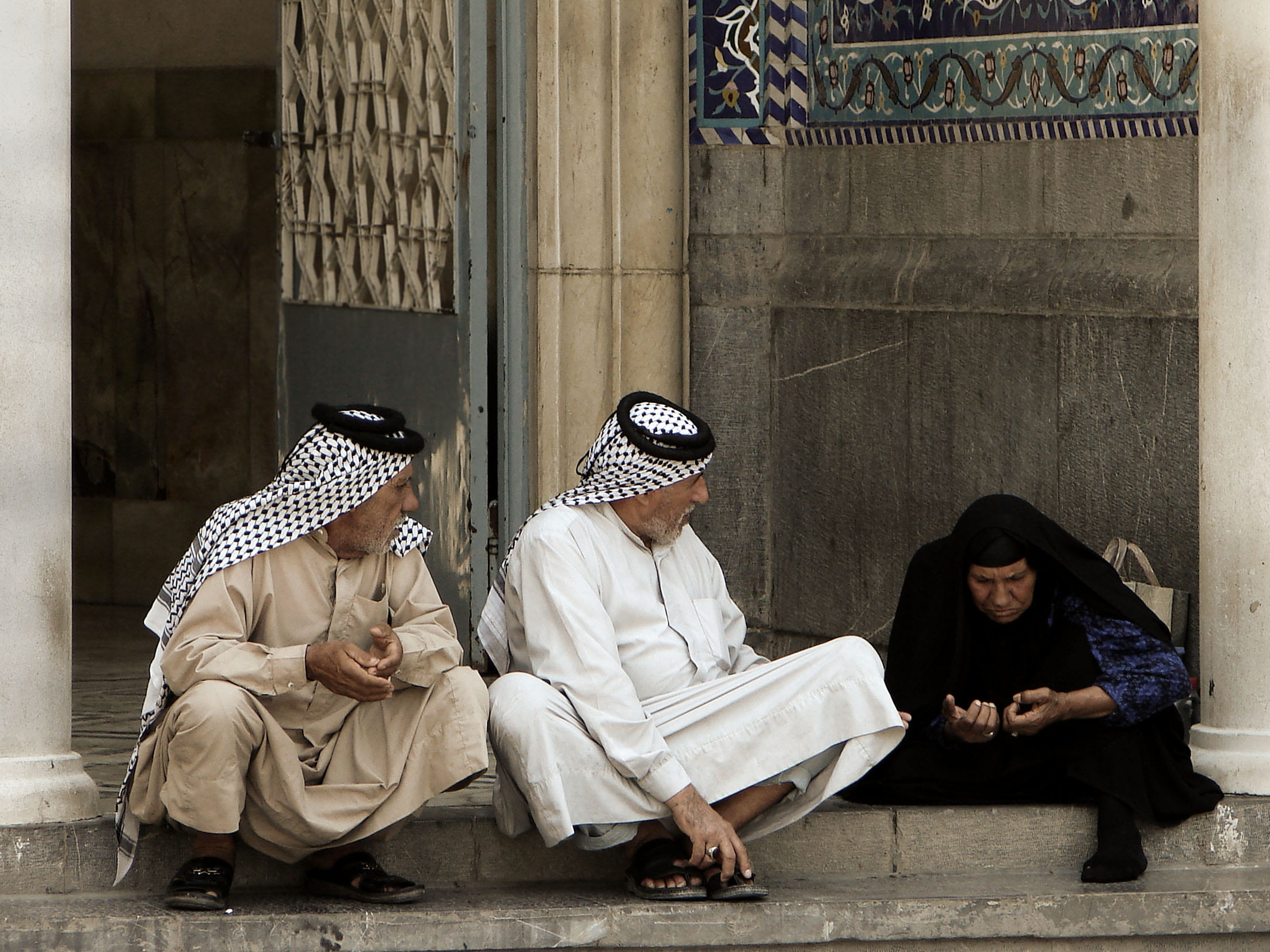by Pam Zuber

“My holy place has been defiled…. My words are not intended as political fodder, I address all equally. Stop the words of hate,” said Rabbi Hazzan Jeffrey Myers. While it may sound as if Rabbi Myers spoke these words in Germany in the 1930s, he actually said them in the United States in 2018. That year, a gunman stormed into a Pittsburgh synagogue and killed eleven people who were worshipping there. Rabbi Myers leads one of the congregations who gathered at the synagogue. Just months later, in April 2019, another gunman entered a synagogue in Poway, California and killed one person and wounded three others on the final day of Passover. Authorities issued 109 hate crime charges against the shooter, including allegations that he also set fire to a nearby mosque. Other mosques are under attack even before they’re built. There have been protests surrounding plans to build mosques in various parts of the United States. In 2018, a Muslim group sued the city of Troy, Michigan, saying that the city has thwarted numerous attempts to open a mosque in the area.
Crimes and protests against religion aren’t confined to the United States, of course. In March 2019, yet another person shot and killed fifty-one people in two mosques in Christchurch, New Zealand. The gunman posted an Islamophobic and white supremacist manifesto online before streaming the attacks on social media. The next month, on Easter Sunday, a series of bombings at churches and hotels in different cities in Sri Lanka killed more than 290 people and wounded more than 500 other people. Referring to the bombings in Sri Lanka, U.S. Vice President Mike Pence tweeted, “This atrocity is an attack on Christianity & religious freedom everywhere. No one should ever be in fear in a house of worship.” This attack occurred on Easter Sunday and the Poway shooting occurred during Passover, two holy times for their respective religions. Sri Lanka canceled all Catholic masses the following week except for one: a mass by Cardinal Malcolm Ranjith, the archbishop of Colombo, Sri Lanka’s capital. Sri Lanka’s president, Maithripala Sirisena, and its prime minister, Ranil Wickremesinghe, attended the mass, which was also broadcast on television.
In the United States, the attacks on the synagogues violated the First Amendment of the country’s Constitution, which grants people the right to peaceably assemble and practice their religions. While the events in Sri Lanka, Pittsburgh, Poway, and Christchurch are indeed attacks on religion and religious freedom, they’re also attacks on so much more. Since they were attacks on religion, they were attacks on what people believed. They were attacks on what people thought.
What are some other types of attacks?
Sadly, these attacks on religion and thoughts seem to occur every day in various ways. While sometimes the attacks take the form of shootings and bombings, they also occur in quieter but still harmful ways. Protests about mosques in several areas of the United States are evidence of such attacks. The Muslim groups who have sued the city of Troy, Michigan, state that the city interfered with plans to open mosques in the city. Their lawsuit alleges that the city violated the U.S. federal Religious Land Use and Institutionalized Persons Act. According to the FindLaw website, this act “protects the ability of religious institutions to exercise their purpose without restriction and to let their members apply their religious beliefs through the construction and use of property for religious purposes.”
Anti-mosque protests aren’t confined to Michigan, although the state has experienced a number of them. The American Civil Liberties Union (ACLU) features a map of the United States on its website that illustrates anti-mosque incidents reported in the country. Only a handful of states – Alaska, Delaware, North Dakota, South Dakota, and Utah – did not experience any recorded incidents against mosques. The ACLU says, “While mosque opponents frequently claim their objections are based on practical considerations such as traffic, parking, and noise levels, those asserted concerns are often pretexts masking anti-Muslim sentiment.”

Denying people the physical space to practice their religion creates physical and ideological barriers to practicing religion. It marginalizes people by saying that they aren’t worthy to use the land to worship they way they want to worship, even though they are legal, tax-paying members of society, people who work, attend school, parent children, and buy groceries alongside other members of society. They are people who should have Constitutional protection to practice their religions but whose religious rights are sometimes considered less valid. Marginalizing people makes them feel less welcome as if they’re lesser people. It may even impact their health, as the stress of discrimination and feelings of being outsiders may make them anxious or depressed.
How do we stop such attacks?
We don’t have to believe what other people believe. We don’t have to agree with them. However, we do have to empathize with them. Education may help us develop this empathy. Schools already have classes in subjects such as geography, history, sociology, and world cultures. Some schools, especially parochial schools, have courses about religion. How about using such classes to teach students about different religions and how they impact cultures? Introducing religion to young people may make religions and the people who practice them more familiar to people while they’re still forming opinions on the world around them.
Outside of school, maybe we can try asking our family members, friends, coworkers, and classmates about their religions. Maybe we could use these conversations to learn how people practice their religion on a daily basis. Or, we could try going to the local library to check out some books or DVDs about different religions and cultures. More and more movie theaters are also showing films from other countries, which give us glimpses into the products of other cultures as well as the cultures themselves.
Of course, the web also provides a wealth of information about religion and so much else. Do you want to find general information about religion? Updates about how people treat members of different religions around the world? Suggestions on how to dress when you visit religious houses of worship? You can find all of that and more on the web. You may even join online discussion groups to talk about religion, ask people questions, and receive real, firsthand accounts about religious topics from real people.
If we know something, it’s harder to hate it. Talking with real people about their real religious beliefs puts a human face on religion. Yes, religion is a collection of beliefs about ethereal, intangible concepts. But religions are also collections of actual people who gather together for common purposes. They are collections of people who deserve rights and respect. We can grant and protect them by meeting and learning about people. If we don’t learn, are we just promoting ignorance and hate?
Pamela Zuber is a writer and an editor who has written about human rights, health and wellness, gender, and business.




